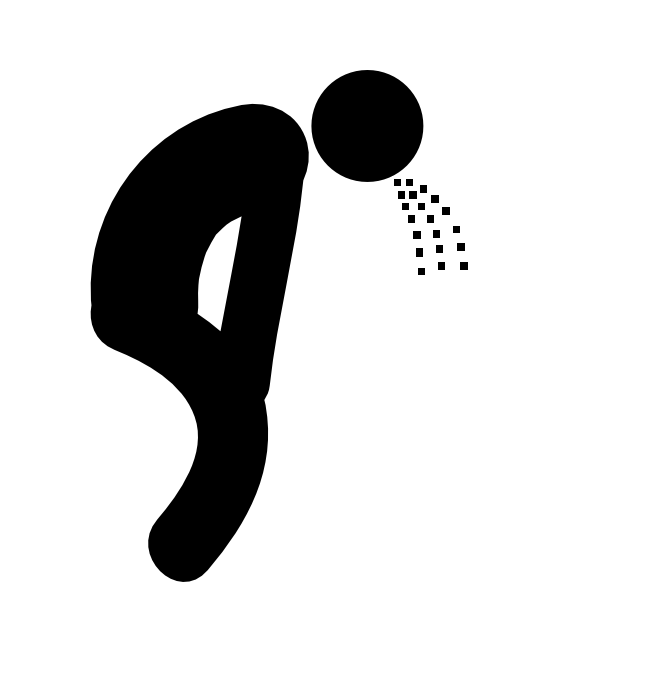DHHS → MeCDC → Disease Surveillance → Epidemiology → Diseases → Escherichia coli
E. coli (Escherichia coli)
About
E. coli are bacteria found in the environment, foods, and intestines of people and animals. Most strains of E. coli are harmless, while others can make you sick. One of the most common strains, Shiga toxin-producing E. coli (STEC), is often the cause of foodborne outbreaks. People of any age can become infected. However, very young children and older adults are more likely to develop severe illness.
The time between ingesting STEC bacteria and developing symptoms is usually between 3-4 days. People can become sick by consuming contaminated food or water, consuming unpasteurized (raw) milk, or contact with feces of infected people. Hydration is important in treating E. coli. Antibiotics should not be used.
Symptoms
Symptoms of STEC may vary for each person and can be mild or severe. Most people get better within 5 to 7 days. Common STEC symptoms include:

Severe Stomach Cramps

Diarrhea (often bloody)

Vomiting

Fever
Prevention
Know your chances of getting sick. People with higher chances of foodborne illness are pregnant women, newborns, children, older adults, and those with weakened immune systems.
Practice proper handwashing. Wash your hands thoroughly:
- After using the bathroom
- Before preparing or eating food
- After contact with animals or their environments
- Before preparing and feeding bottles or foods to an infant or toddler
Follow the four steps to food safety when preparing food: clean, separate, cook, and chill.
Wash fruits and vegetables well under running water, unless the package indicates that the contents are already washed.
Cook meats thoroughly:
- Always use a food thermometer to check that the meat has reached a safe internal temperature, because you cannot tell whether meat is safely cooked by looking at its color.
Be mindful of cross contamination in food preparation areas. Thoroughly wash hands, counters, cutting boards, and utensils after they touch raw meat.
Avoid raw milk, unpasteurized dairy products, and unpasteurized juices.
Do not swallow water when swimming and when playing in lakes, ponds, streams, and swimming pools.

